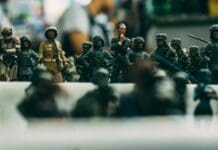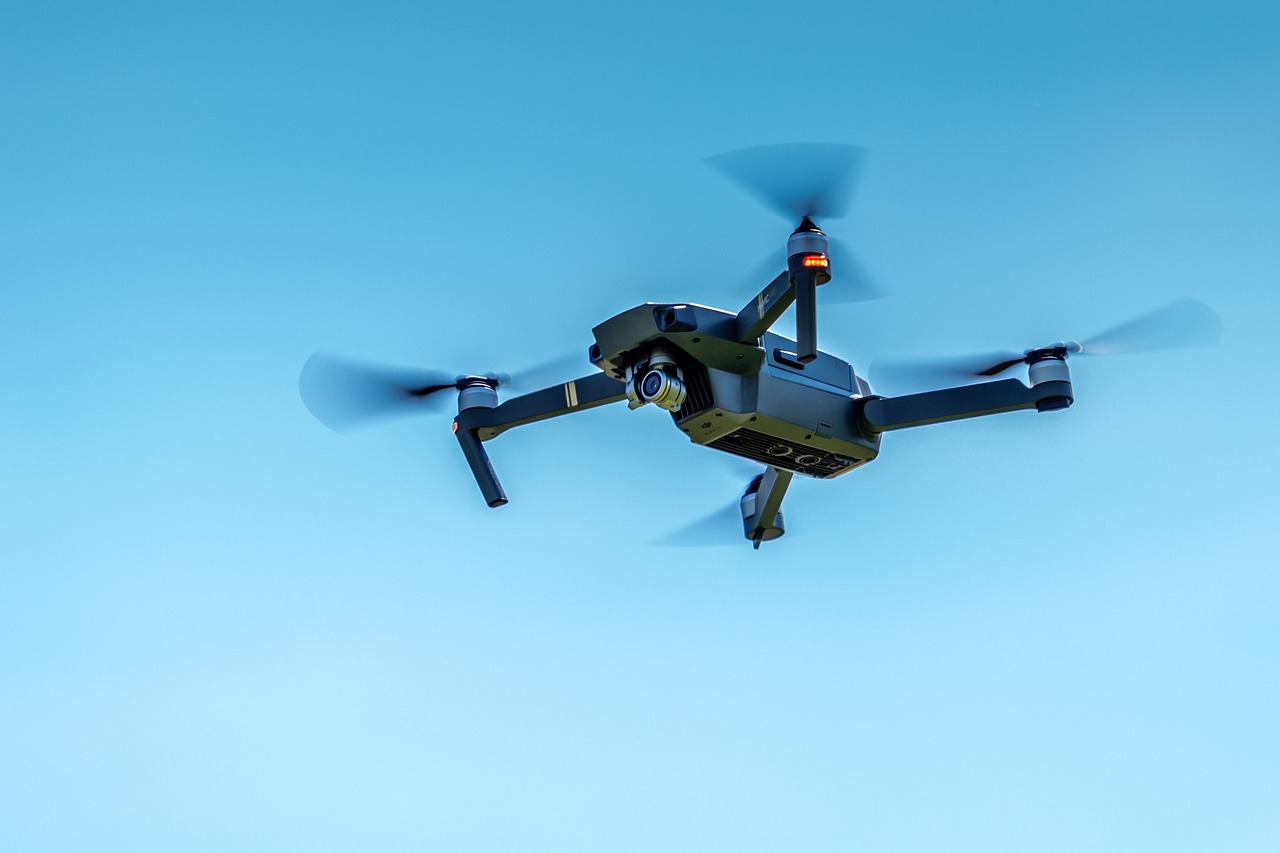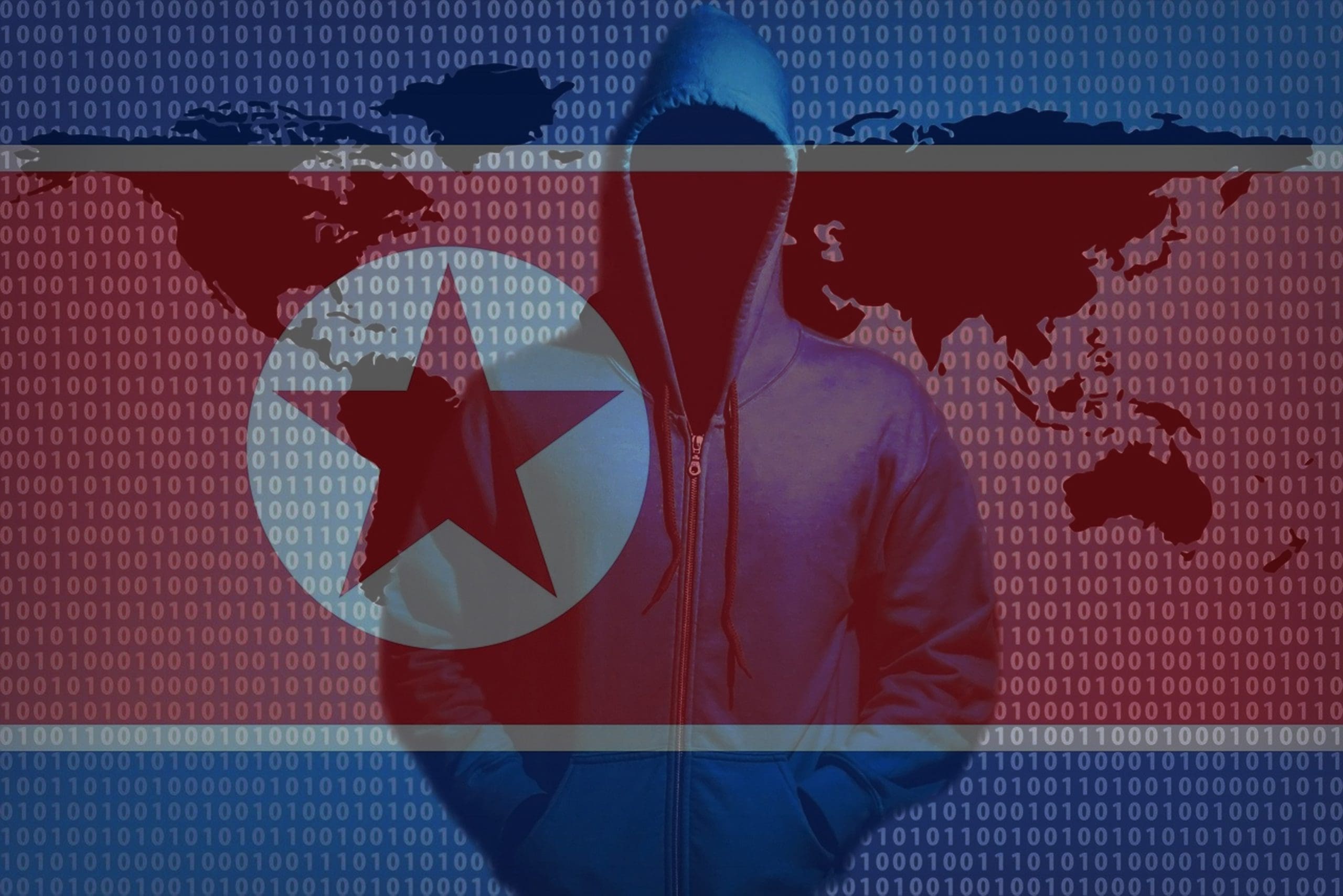This post is also available in:
 עברית (Hebrew)
עברית (Hebrew)
Hacking-resistant communications networks, sensors that see through smog and around corners, and prototype computers that may someday smash the computational power of any existing machine. All this gear is based on quantum technology — an emerging field that could transform information processing and confer big economic and national-security advantages to countries that dominate it.
Quantum technology seeks to harness the distinct properties of atoms, photons and electrons to build more powerful tools for processing information.
China’s formidable investment is helping it catch up with Western research in the field and, in a few areas, pull ahead, according to washingtonpost.com. Beijing is pouring billions into research and development and is offering Chinese scientists big perks to return home from Western labs.
Last year, China had nearly twice as many patent filings as the United States for quantum technology overall, a category that includes communications and cryptology devices, according to market research firm Patinformatics. The United States, though, leads the world in patents relating to the most prized segment of the field — quantum computers — thanks to heavy investment by IBM, Google, Microsoft and others.
Chinese physicist Pan Jian-Wei, whom Chinese media call the “father of quantum,” was named by the journal Nature one of “ten people who mattered” in 2017, saying he had “lit a fire under the country’s efforts in quantum technology.”
Pan is overseeing plans for a new national lab for quantum research in Anhui province, which he said had drawn about $400 million in government funding. He occasionally gives lab tours to President Xi Jinping, who takes a keen interest in his work.
Pan and his team are aiming to launch a constellation of satellites and a nationwide fiber-optic network that use quantum qubits to securely transmit information. An almost 1,300-mile fiber link connecting Beijing, Shanghai and other cities is already up and running.
Pan has credited Edward Snowden for motivating China’s quantum research. The former National Security Agency contractor’s revelations about NSA eavesdropping led China to pour money into developing more secure communications.
Much of the technology Chinese quantum scientists are pursuing would have clear uses in both the commercial and defense realms, scientists say. Quantum computers might someday be able to crack all existing forms of encryption. Quantum sensors could help the Chinese military track and target enemy troops with greater precision. The university where Pan works, USTC, has established several quantum-research partnerships with state-owned defense companies in recent years, with aims that include enhancing the combat capability of naval vessels, according to Chinese media.
Learn more about quantum in security and defense at the Quantum Tech Conference and Exhibition on November 18, 2019 in Rishon LeZion, Israel.
For details: [email protected] +972-54-6742036


























